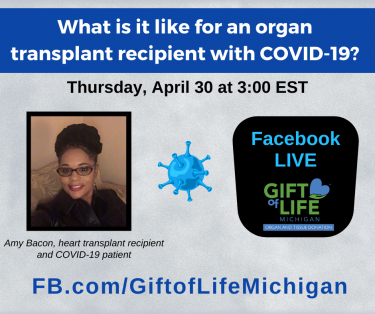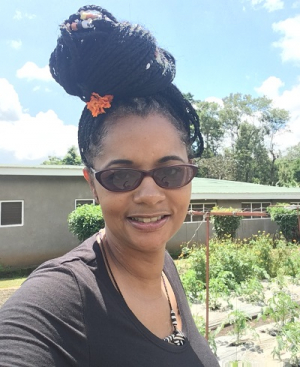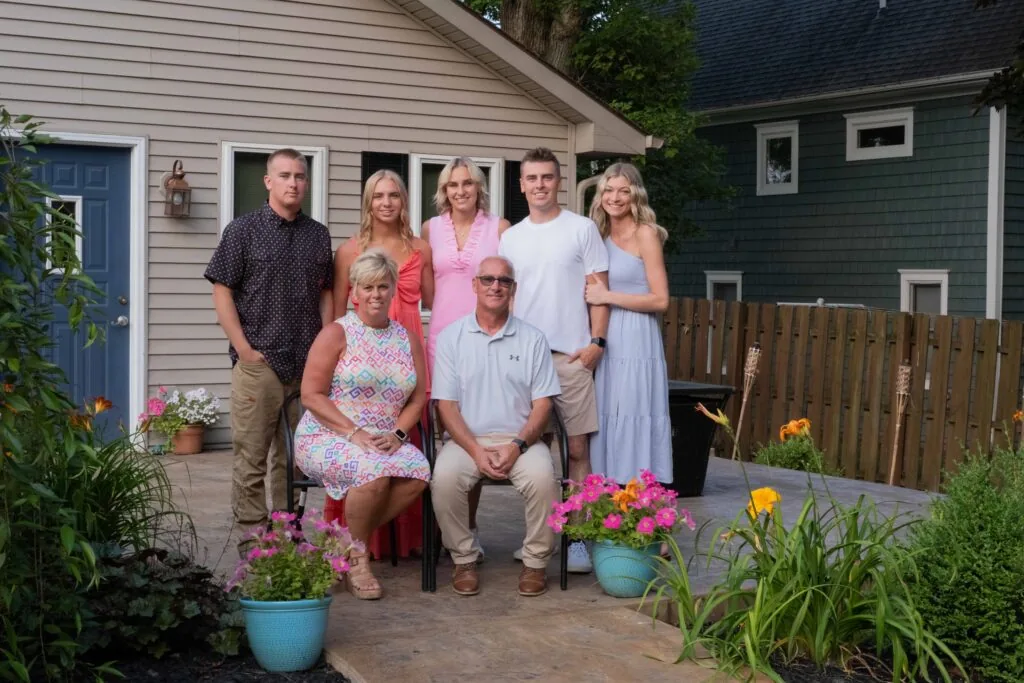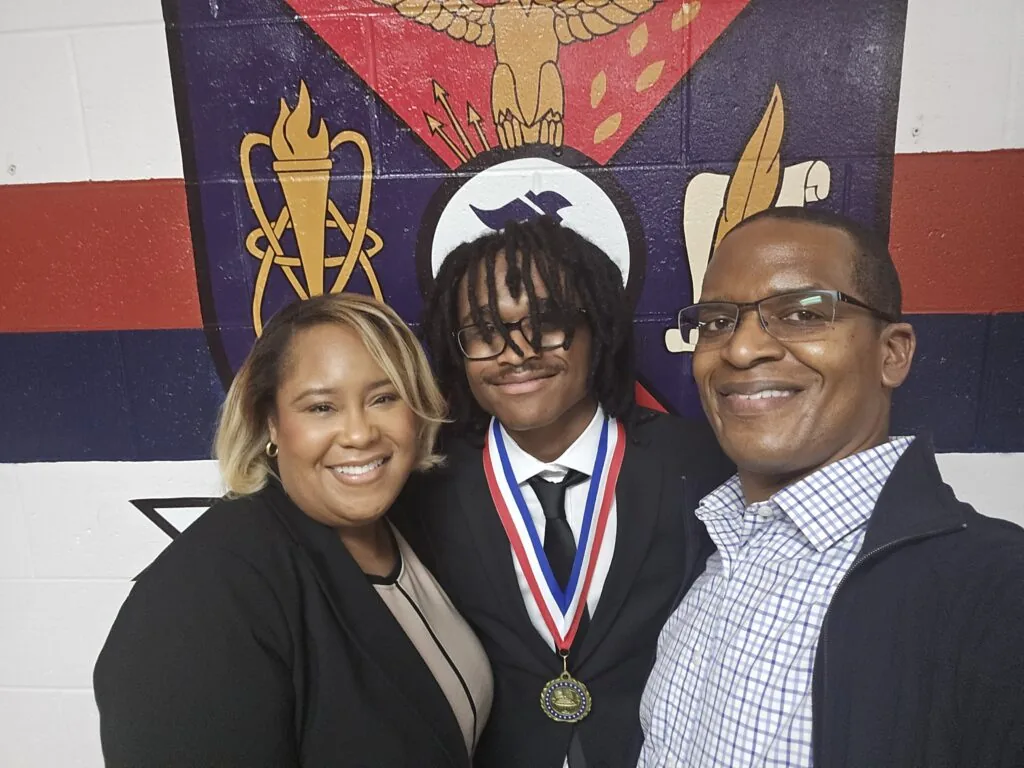Amy Bacon said she doesn’t know how she contracted the coronavirus.
The Grand Blanc resident and heart recipient said she followed all the social distancing and Centers for Disease Control and Prevention (CDC) guidelines to the letter, but was still diagnosed with COVID-19 in early April. As a transplant recipient, she knows she has a weakened immune system and is meticulous about safeguarding her health, but warns that typical steps may not be enough.
“We’ve got to be extra, extra diligent in taking care of ourselves,” she said. “We can’t just think it’s not going to get us.
“When you do go out, if you’re wearing a mask, make sure you don’t touch it with your hands,” she added. “Wear gloves and be careful about cross contamination – just because you’re wearing gloves doesn’t mean you won’t get sick. You’re still touching things, you’re still touching yourself, your steering wheel. You have to be extra, extra diligent. Obviously, we can’t fight this thing the way most people can.”
A health educator at the Hamilton Community Health Network clinic in Flint, Bacon has been working remotely since March 30. She said she felt fine in the first week of April but things changed after that.
She began to feel sick, but didn’t experience the symptoms commonly associated with the coronavirus: There was no fever or cough. Bacon suffers from chronic migraines, but the headache she developed when the virus settled in was like nothing she had experienced before – none of her regular medications would ease it. Also, she said she had an intense burning sensation in her nasal cavity and felt very fatigued.
“I was just so tired,” she said. “All I wanted to do is sleep, sleep, sleep.”
She talked to her care team, first. They did an evaluation over the phone, then advised her to get tested. When the results came back, she said she was momentarily overwhelmed.
“I bawled. Here I’m thinking: I just went through heart failure, now I’ve got another infection that could take me out? It was devastating,” she said.
Fortunately, her symptoms were primarily gastro-intestinal, so she never required hospitalization or a ventilator. Her care team took her off one of her anti-rejection medicines to build up her immune system to help fight the virus. She’s been recuperating at home, but it has been an up-and-down process, characterized by periods of extreme fatigue and dizziness. Finally, the headache eased and her appetite is slowly returning. So is her sense of taste and smell.
“I feel like I’m on the mend,” she said.
Bacon’s advice for transplant recipients mirrors recommendations from the CDC and the transplant community:
- Keep in contact with your care team and let them know if you’re experiencing unusual symptoms. Your care team is most familiar with you; they can advise the best steps to take
- Follow all social distancing guidelines, and only leave your home for essentials, like groceries or prescriptions
- Be extra diligent about hand hygiene; wash your hands frequently, for 20 seconds each time and avoid touching your face
- Make sure your family and caregivers practice safe social-distancing precautions, too.
“You don’t have to be out in the streets to catch this; you can catch it from someone in your house that isn’t practicing social distancing,” said Bacon. “It’s like six degrees of separation. You can’t just think about yourself, you think about who you’ve been in contact with, and who they’ve been in contact with and so on. The best thing is to isolate 100 percent until this thing has leveled out.”
The primary symptoms of COVID-19 are a fever, fatigue and dry cough. The CDC has recently added others, including:
- Chills
- Repeated shaking with chills
- Shortness of breath or difficulty breathing
- Muscle pain
- Headache
- Sore throat
- Loss of taste or smell
If you or your loved one are experiencing those symptoms, talk to your care team as soon as possible.
“They are your biggest advocate,” Bacon said. “Only they know what is normal for you. Keep them posted on anything you feel.”
For more information and resources, click here. 
Join Amy on Facebook Live at 3:00 EST on Thursday, April 30 to hear from her directly about her experiences and ask her questions!








